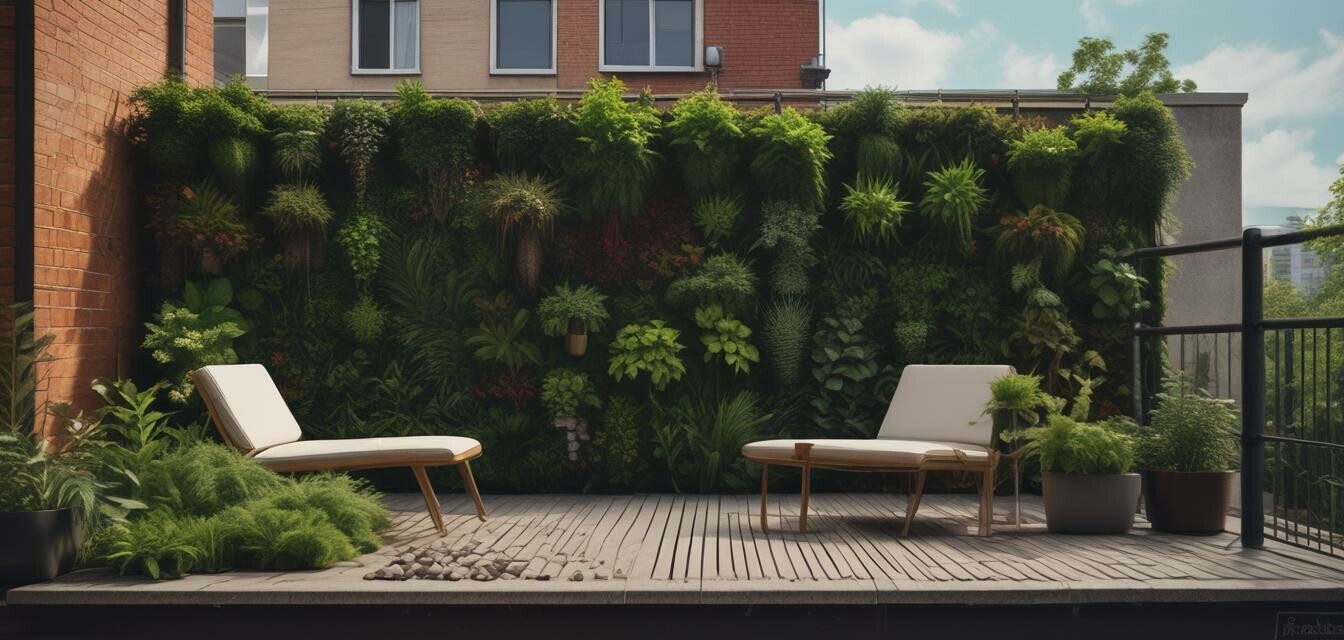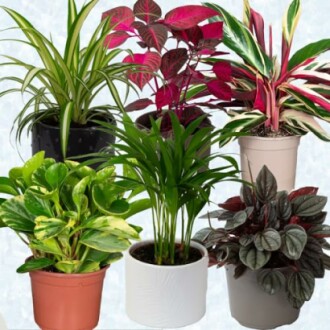
Vertical Gardening for Apartment Dwellers
Key Takeaways
- Vertical gardening maximizes limited space in urban apartments.
- Utilizing walls, racks, and other structures can create a green oasis.
- Ideal plants for vertical gardening include herbs, flowers, and pet-friendly options.
- Low-maintenance techniques make it suitable for busy lifestyles.
- Vertical gardening not only beautifies a space but can also provide privacy.
Living in an urban environment often means limited space for greenery, but vertical gardening offers a fantastic solution for apartment dwellers. By utilizing walls, trellises, and other vertical structures, you can maximize your available space while creating an inviting green atmosphere. In this guide, we'll explore various techniques, the best plants to use, and practical tips for fostering your very own balcony oasis.
What is Vertical Gardening?
Vertical gardening is a technique that allows you to grow plants upwards instead of outwards, making it perfect for small spaces. By arranging plants in vertical formations, such as wall-mounted planters or hanging pots, it offers numerous benefits:
- Space-saving: Utilize every square inch of your available area.
- Aesthetic appeal: Create visually striking displays of greenery.
- Improved air quality: More plants lead to fresher air.
- Yields vegetables and herbs right outside your door.
Choosing the Right Plants for Your Vertical Garden
When selecting plants for your vertical garden, it's important to consider their growing habits, light requirements, and overall aesthetics. Below is a selection of popular plants that work well in vertical gardens:
| Plant Type | Light Requirement | Growth Habit | Special Feature |
|---|---|---|---|
| Herbs (Basil, Mint) | Full Sun | Upright | Edible |
| Succulents | Partial Sun | Compact | Low Maintenance |
| Flowering Plants (Petunias, Marigolds) | Full Sun | Cascading | Bright Colors |
| 6 x Pet Friendly House Plants | Indoors | Compact | Non-toxic for pets |
Featured Product: Pet Friendly House Plants
6 x Pet Friendly House Plants
These low-maintenance house plants are non-toxic for pets, making them ideal for homes with cats or dogs.
Learn MoreTechniques for Vertical Gardening
Here are some practical techniques to consider when setting up your vertical garden:
- Wall-mounted planters: Use pockets or boxes that attach directly to walls to hold soil and plants.
- Hanging pots: Install hooks to hang pots from ceilings or beams.
- Trellises: Grow climbing plants on trellises for added height.
- Vertical pallets: Repurpose old wooden pallets as vertical garden frames.
Providing Proper Care for Vertical Gardens
Maintaining your vertical garden is essential for its success. Here are key care tips:
- Watering: Ensure plants receive adequate water, checking moisture levels often.
- Fertilizing: Use appropriate fertilizer to promote healthy growth.
- Pruning: Regularly trim dead leaves and stems to encourage new growth.
- Sunlight: Position your garden in a spot that receives the right amount of sunlight.
Pros and Cons of Vertical Gardening
Pros
- Maximizes small spaces effectively.
- Enhances privacy and adds aesthetic appeal.
- Versatile options for various plant types.
- Potential for homegrown produce.
Cons
- Initial setup can be labor-intensive.
- Requires regular maintenance and care.
- May involve higher costs for vertical frameworks.
Conclusion
Vertical gardening serves as an excellent solution for apartment dwellers seeking to create their own green spaces amidst the hustle and bustle of urban life. With careful planning and the right selection of plants, you can transform your balcony into a beautiful, flourishing oasis. Remember to keep an eye on the plants’ needs, and don't hesitate to experiment with various layouts and techniques to find what suits you best.
